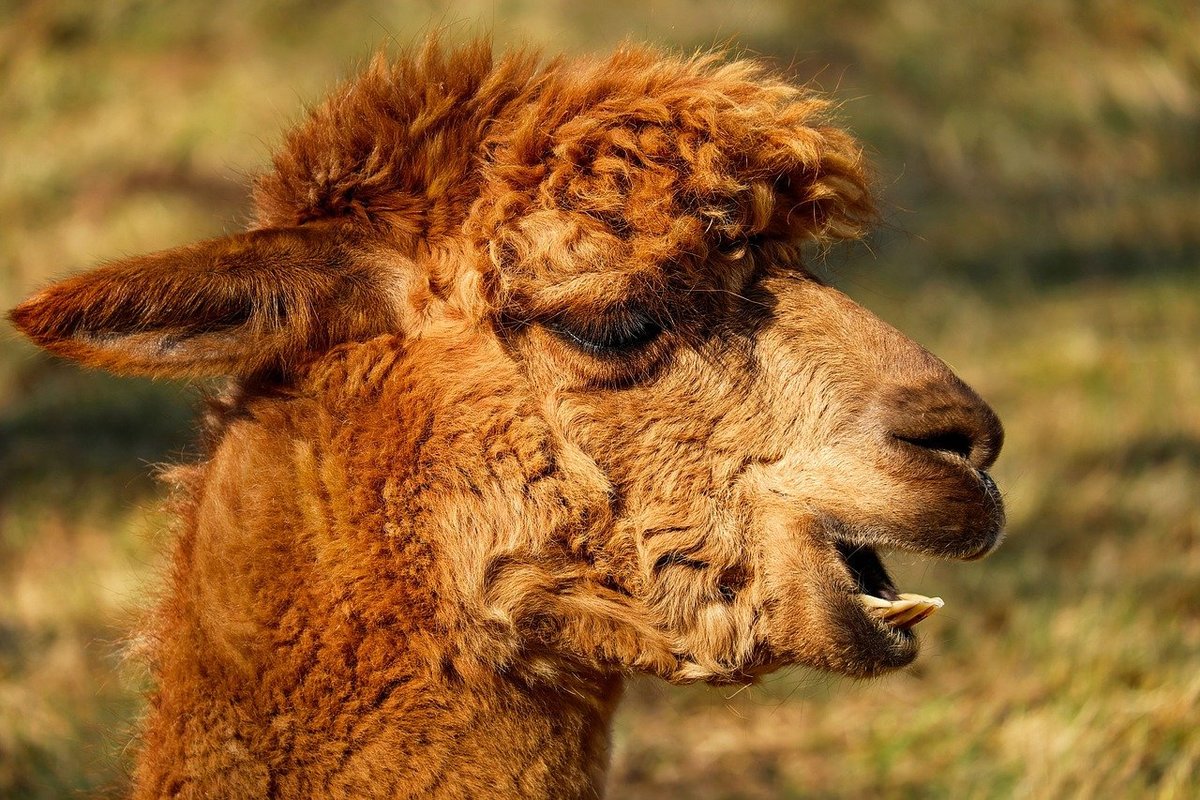Landholders urged to take mosquito management seriously
Caroline Horn
30 March 2022, 7:00 PM
 A case of Japanese encephalitis has been detected in an Adelaide Plains alpaca
A case of Japanese encephalitis has been detected in an Adelaide Plains alpacaLandholders are being urged to take mosquito management seriously following more detections of Japanese encephalitis (JE).
There have been two more detections of JE in South Australian piggeries and a case has also been detected in an alpaca in the Adelaide Plains council area.
There have now been six detections of the disease in piggeries, including one in the Murray Bridge and Coorong local government areas.
JE’s normal lifecycle is between waterbirds and mosquitoes and can, on occasion, spill over to pigs, horses and humans.
Reports of disease in other animal species like alpacas are rare.
Like horses, Alpacas are considered a ‘dead-end’ host, meaning they do not carry a blood infection that will reinfect mosquitoes.
PIRSA Chief Veterinary Officer Dr Mary Carr emphasised that all landholders must take mosquito management seriously to prevent Japanese encephalitis.
“Mosquitoes carry the disease, so removing potential breeding sites on your property is really important,” Dr Carr said.
“As well as controlling mosquitoes on your property, the most effective way to reduce the risk of JE is to prevent mosquitoes biting your animals, and also protect yourself.
“The disease is present across four states so regardless of location, all people should put measures in place to prevent mosquito bites.
“While these animals were likely to have been infected months ago in January and February, these detections show our enhanced surveillance activities for JE are working and assist our understanding of this disease in the South Australian environment.
“Remember, Japanese encephalitis is a notifiable disease – animal owners must report any signs of the virus in your animals, including unexplained pig deaths especially in piglets, unexplained horse illnesses, or other neurological signs in their animals to their private vet or the Emergency Animal Disease Watch Hotline on 1800 675 888.
“PIRSA will cover the testing costs while JE surveillance continues, so please don’t hesitate to report signs of JE because you are concerned about testing costs.”
In pigs the most common clinical signs of JE are mummified and stillborn or weak piglets, some with neurological signs.
In horses and alpacas most animals infected do not show symptoms, with a small number developing neurological signs due to an encephalitis.
Pork SA Chair Andrew Johnson said clear information about managing mosquitoes in piggeries was available to the pig industry and this expert advice should be heeded.
“I urge all piggeries to follow the detailed information on mosquito control developed by the Japanese Encephalitis Vector Management Group, which can be found on the PIRSA website,” Mr Johnson said.
“It is critical to eliminate mosquito breeding areas and use chemicals responsibly.
“We are pleased SA Health is planning the priority vaccination program in South Australia. Pork SA is assisting the planning for efficient and convenient vaccination across industry and will communicate this information to its members and those eligible.
“Pig producers are reminded if you’re feeling overwhelmed by the situation, PIRSA’s FaB mentor service is available at no charge.
“FaB mentor Colleen White has a specialised knowledge of our pig industry, and has worked before with pig producers through Pork SA. Colleen can be reached for a confidential chat on 0409 388 649.
“Once again, I urge shoppers to throw their support behind pig producers and keep buying Australian pork.
“There are no food safety issues associated with eating pork meat or pork products due to this disease.”
PIRSA and SA Health continue to work together, with local industry, and with interstate counterparts to understand the implications, and to communicate to farmers how they can reduce the risk of human exposure.
For more information:
· Japanese encephalitis in animals – www.pir.sa.gov.au/je-virus
· Fight The Bite - www.sahealth.sa.gov.au/FightTheBite
· Outbreak information - outbreak.gov.au

